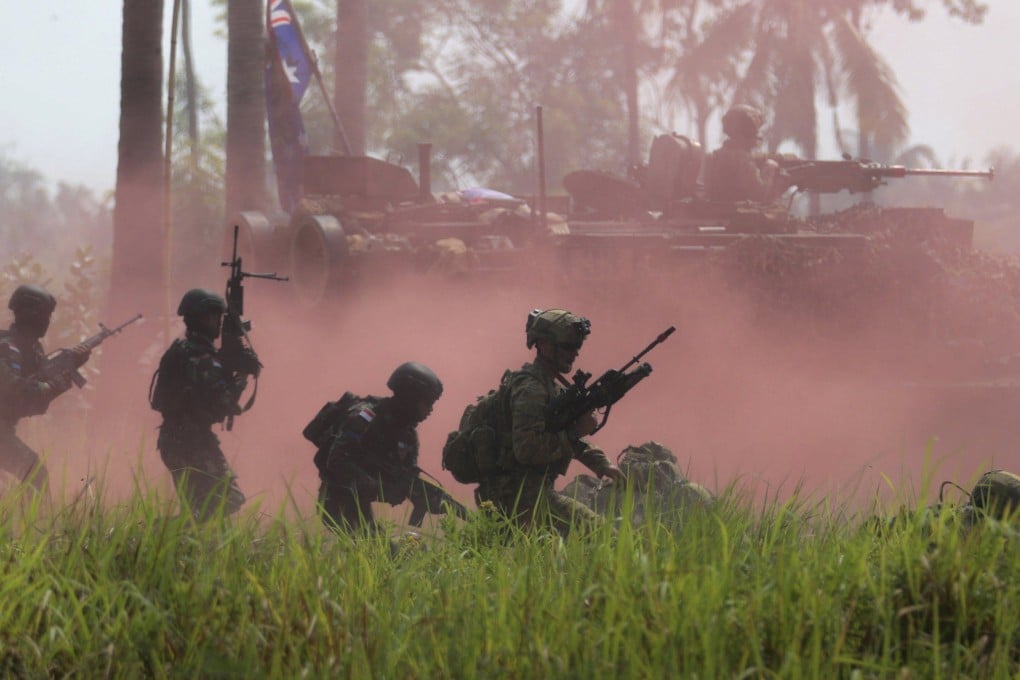Why young Australians don’t want to join the military: ‘war is messed up’
Observers blame a ‘culture of self-loathing’ for destroying the self-esteem of Australia’s youth and undermining faith in its institutions

The National Defence Strategy, launched by Defence Minister Richard Marles earlier this year, envisions a “whole-of-nation” approach to build a larger and more lethal navy, a rapidly deployable army, a state-of-the-art air force, and enhanced cyber and space capabilities.
Yet beneath this ambitious vision lies a daunting challenge: a shrinking pool of young Australians willing to serve.
“Join the military? Not a chance. That war stuff is seriously messed up, bro,” said David Syme, a 22-year-old apprentice electrician who holds little reverence for authority. His sentiment echoes that of a generation both comfortable in its lifestyle and sceptical of traditional institutions.
“Why should I risk my life for rich old people who only care about themselves? No way, bro, it’s not going to happen.”

Syme’s rejection of military tradition – once embodied in the revered “Anzac spirit” that emerged from the sacrifices of the first world war – is now increasingly common. A recent survey by the Institute for Public Affairs paints a troubling picture: less than half of Australians expressed a willingness to fight for their country, with nearly one-third indicating a preference for emigration over military service during conflicts.
